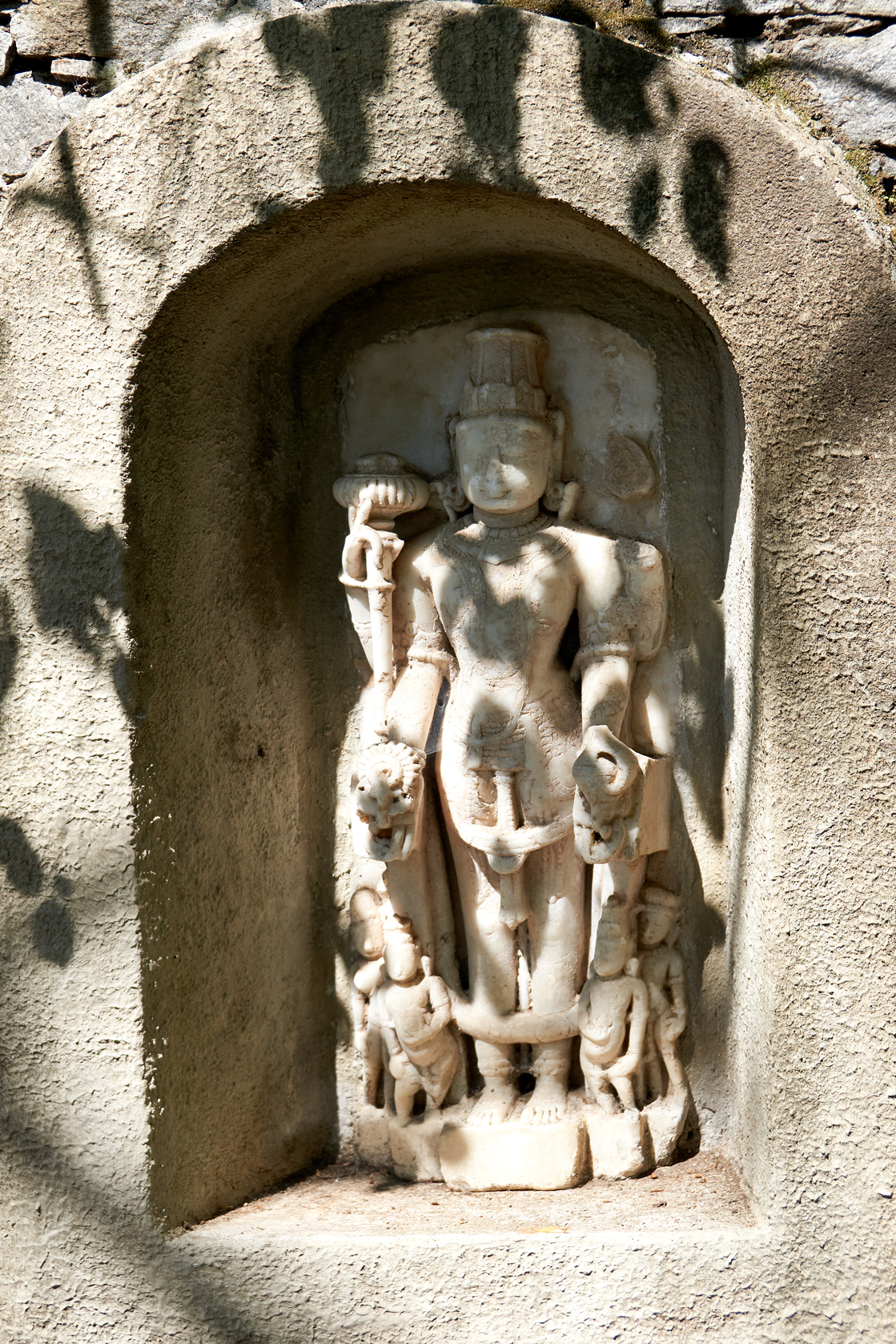
ITA ENG


On Cancel Culture. From Judging to Lynching: Repressions and Discriminations in the Name of Morality
EJL2022-03

Lecture: Against Dogmatism: For a Critical Analysis of Cancel Culture
Lecturer: Cinzia Sciuto (MicroMega and mediacampus frankfurt)
Cycle: Eranos-Jung Lectures: On Cancel Culture. From Judging to Lynching: Repressions and Discriminations in the Name of Morality
Date: June 17, 2022, 6:30 p.m.
Place: Auditorium, Monte Verità, Ascona
Chairman: Fabio Merlini (Eranos Foundation, Ascona)
Discussion
Refreshment and meeting with the lecturer
The recording of the conference can be viewed on the official YouTube channel of the Eranos Foundation.
Introduction
From the claim to erase authors and books from the literary canons to accusations of cultural appropriation, from the demolition of statues to accusations of Islamophobia, under the label "cancel culture" very different phenomena are grouped together that instead must be kept distinct. And within each case we must also separate the grain of the request for recognition of groups systematically discriminated against from the chaff of unacceptable censorship.
Lecturer's Biobibliography
Cinzia Sciuto, essayist and journalist, is editor-in-chief of MicroMega. Born in Sicily in 1981, she studied Philosophy at the University "Sapienza" of Rome and at the Humboldt Universität in Berlin. Since 2015 she lives in Frankfurt am Main, Germany. He collaborates with several German newspapers, including Die Tageszeitung, Lettre International, and Faustkultur and teaches Politics at the Mediacampus in Frankfurt. His publications include La terra è rotonda. Kant, Kelsen e la prospettiva cosmopolitica (2015) and Non c’è fede che tenga. Manifesto laico contro il multiculturalismo (2018; revised new edition, 2020; also translated into German). A recent essay of hers, on the topic of "BDietro la cancel culture: il vicolo cieco dell’identità," appeared in the collected volume Non si può più dire niente? 14 punti di vista su Politicamente Corretto e Cancel Culture (2022). She works mainly on secularism, the relationship between democracy and religions, multiculturalism, human rights, and feminism. Since 2020, she has been the scientific director of the "Giornate della laicità" in Reggio Emilia.
--
A culture is born and affirms itself always also from a selective operation of particular contents; from a certain operation of assimilation, rejection, remodulation of previous or coeval cultures: it takes and drops. Also, obviously in relation to the hegemonic forces of which it is eventually the expression. Today, a fierce variant of this logic of "take and leave" is represented by the so-called "cancel culture". It is a culture that, in its most intransigent expressions, seems to have a problem with the cultural past from which it comes: it sees it as a troubling set of inadequacies, of discriminations or injustices according to the yardstick of its own moral standards. A tribunal of memory determined to amend history, freeing it from its sins. In this, cancel culture is a coherent expression of that satisfied and self-referential present, for which past history is always and only a faded, lacking and reprehensible image of oneself. It is a culture that feeds on culprits towards whom to exercise its censure; a culture of sanction. There are cases in which all this is certainly justified, when, for example, the denunciation and sanction is aimed at the present of unacceptable behavior, in open violation of respectful rules that do not harm the dignity of others. Where, however, the question of the modalities through which denunciation and sanction are expressed always remains open. Especially when the system of communication, as happens today, offers tools for taking immediate word, uncontrollable in its effects. When, however, denunciation and sanction are addressed to the cultures of the past, the matter becomes even more complicated. For the risk here is the neutralization of the entire culture, an attempt to wipe the slate clean. Perhaps the inability to bend down with a reflective thought on the contradictions and the very complexity of life; the unwillingness to dialogue, to critical judgment, capable of evaluating and discriminating within the same situation.A regressive tendency not to grasp the chiaroscuro, the nuances. The index of a profound fragility. Finally, a new form of ignorance.